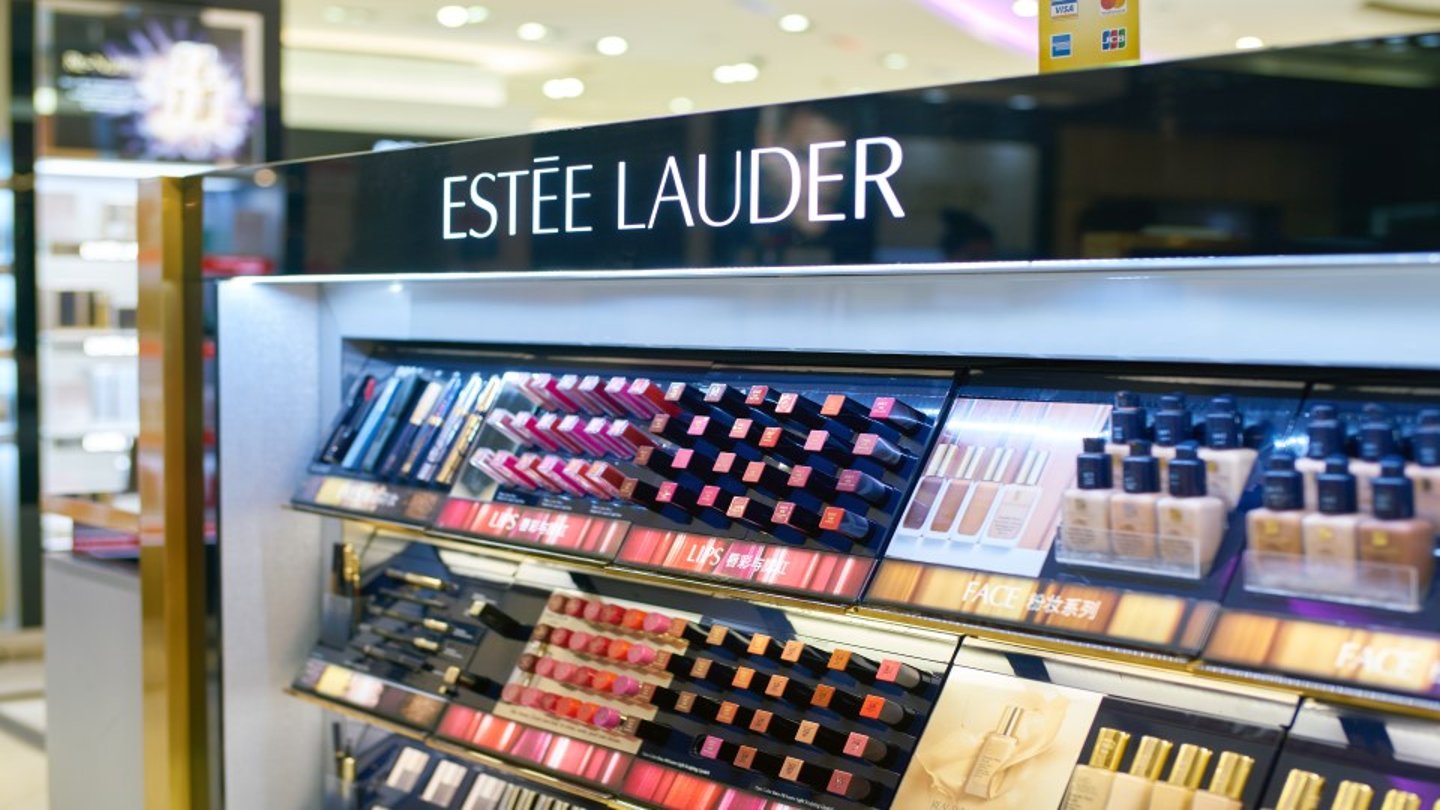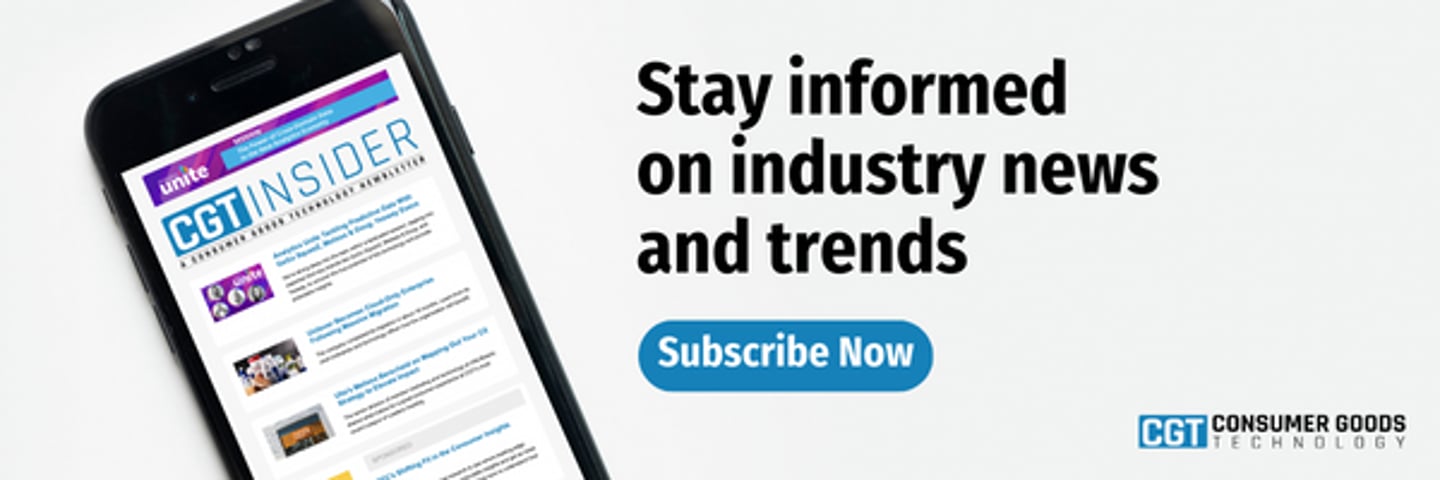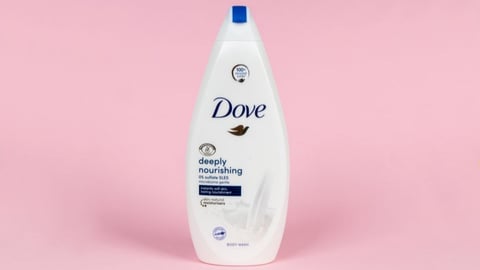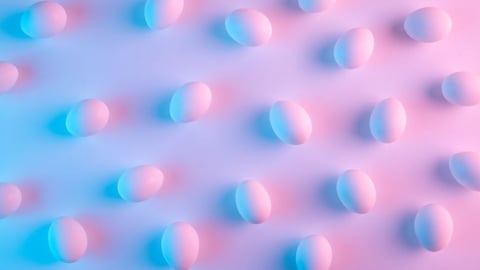Estée Lauder Opens AI Innovation Lab to Expedite R&D and Social Listening
The Estée Lauder Companies is bolstering its R&D strategy and social and consumer listening through tech-powered efforts in a new AI Innovation Lab.
The lab was created alongside Microsoft, which expands Estée Lauder’s relationship, first established in 2017. It will help the beauty company expedite product innovation for the 20 brands across its portfolio.
As part of the effort, the company has created an internal generative AI-enabled chatbot that uses conversational technology to bolster marketing, combing through Estée Lauder’s product and claim database to pinpoint trends that could turn into relevant campaigns.
The company also expects the initiative to elevate research and development, resulting in faster product development and increased agility in identifying product and ingredient trends.
The joint press release from the companies stated the ongoing relationship has already resulted in innovative solutions, including a voice-enabled makeup assistant, accessible via a mobile app and launched in 2023 to help visually impaired users apply makeup.
Estée Lauder launched this app to a limited audience in the U.S., UK, and Ireland, but expects to expand accessibility to more markets and languages this year.
Jane Lauder, EVP of enterprise marketing and chief data officer at The Estée Lauder Companies, said the investment allows the company to access faster data insights, increase speed to market and personalization, and create stronger local relevancy.
This news builds on Microsoft’s ongoing collaboration with the consumer goods space. Earlier this week, the Coca-Cola Company announced it was engaging in an expanded relationship, investing another $1.1 billion in cloud-based and generative AI-powered capabilities supported by the tech company’s platforms.
AI in Beauty
It’s also the latest push in a long line of AI-powered solutions in the beauty space, from skincare personalization and quizzes to AR try-ons and more. Last year, Maybelline partnered with the tech company to introduce virtual makeup capabilities into Microsoft Teams. Around the same time, Coty was using AI to monitor and optimize content effectiveness across its portfolio of brands.
According to Nina Schick, advisor, speaker, and AI thought leader, by 2025, 90% of online content is predicted to be AI-generated.
However, Unilever-owned Dove recently launched a marketing campaign that highlights the downside of generative AI in the beauty industry. The company showcased the negative effects of digital manipulation, pledging to never use AI to create or distort women’s images.







